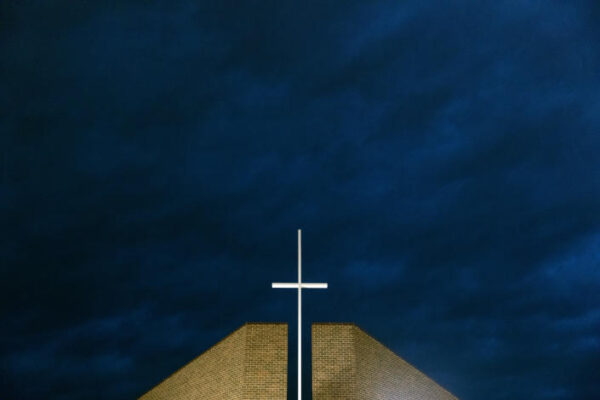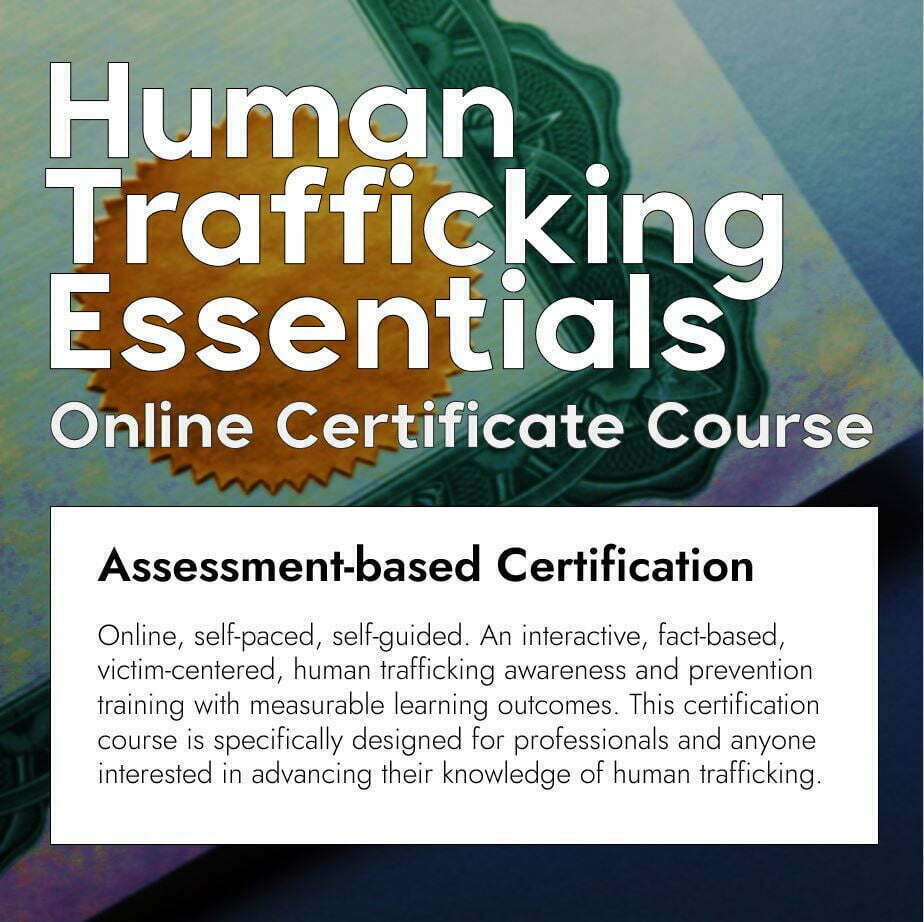The far-right Christian quest for power: 'We see them encouraged'
Editor's note: PBJ Learning is a non-denominal and non-politically-affiliated company, and we are accepting and supportive of all belief systems that support freedom, safety, and compassion. We present various beliefs and opinion pieces that are relevant to the cultural zeitgeist, so you have access to a wide variety of opinions and data.
We feel this article is worthy of inclusion specifically due to the discussion of QAnon viewpoints and information that are culturally relevant in America. Our readers are worldwide and may not understand how this is part of our social fabric in America.

Three weeks before he won the Republican nomination for governor of Pennsylvania, Doug Mastriano stood next to a 10-foot-tall painted eagle statue and declared the power of God.
‘Are there free people in the house? Did Jesus release you?” he asked, driving the dozens ahead of him one Saturday afternoon at a roadside hotel in Gettysburg, Pennsylvania.
Mastriano, a state senator, retired military colonel and prominent figure in former President Donald Trump's futile efforts to reverse the 2020 election results, addressed a far-right conference that mixed Christian beliefs with conspiracy theories called Patriots Arise. Rather than focusing on things like taxes, gas prices, or abortion policies, he weaved a story about what he saw as the nation's true Christian identity, and how it was time for Christians to reclaim political power together.
The separation of church and state was a “myth,” he said. “In November we are going to take back our state, my God will make it so.”
Mastriano's ascension to Pennsylvania is perhaps the most prominent example of right-wing candidates for public office who explicitly seek to advance Christian power in America. The religious right has long supported conservative causes, but this current wave seeks more: a nation that actively prioritizes their particular set of Christian beliefs and far-right views and more openly embraces Christianity as a fundamental identity.
Many reject the historic American principle of separation of church and state. They say they do not advocate a theocracy, but advocate a fundamental role for their belief in government. Their rise has coincided with significant support from like-minded supporters, especially as some voters and politicians mix their Christian faith with conspiracy theories for vote fraud, QAnon ideology, gun rights and lingering anger at COVID-related restrictions.
Their presence reveals an edge that permeates the mainstream.
“The church is supposed to run the government, the government isn't supposed to run the church,” Representative Lauren Boebert, a Republican representing western Colorado, said recently at Cornerstone Christian Center, a church near Aspen. Colorado. “I'm tired of this separation of church and state junk.” The congregation stood up in applause.
A handful of those who hold this view, such as Boebert, have recently come to power with the mix of Christian messages and conspiracy theories that Trump has put forth. Others, like Mastriano, run competitive races, while most have long-running campaigns and are unlikely to survive the primary races.
The emergence of these candidates comes amid a wave of action across the country promoting the cultural priorities of many conservative Christians. Chief among these is the Supreme Court's decision to overturn Roe v. Wade and end the constitutional right to abortion — on top of the recent series of decisions that allow for a greater role for religion in public life, such as school prayer and funding for religious education. States have also taken action; many have imposed abortion bans. A Florida law prohibits classroom teaching about sexual orientation and gender identity in early elementary school, and Texas has issued a warrant to screen parents of transgender children for possible child abuse.
Declaring the United States a Christian nation and ending federal enforcement of the separation of church and state are minority views among American adults, according to the Pew Research Center. While support for church-state integration is above average among Republicans and white evangelicals, many Christians view such integration as a perversion of the belief that elevates the nation above God. The fringe fighting for power is still a minority among Christians and Republicans.
Like Mastriano, some of the candidates who put forward this fringe view already have lower elected positions, but they are now running to higher office where they would have more power, said Andrew Seidel, a vice president of Americans United for Separation of Church. and State.
“We see them being encouraged,” Seidel said. “They claim to be the real heirs to the American experiment.”
Trump gained power largely by offering to maintain the influence of white evangelicals and their values, just as many feared that the world as they knew it was rapidly disappearing.
The fact that Trump, whom they saw as their protector, is no longer president reinforces the feeling among many conservative Christians that everything is at stake. About 60% of white evangelical Protestants believe Trump's election was stolen, according to a survey by the Public Religion Research Institute late last year. According to the survey, white evangelicals are also the most likely religious group to believe in QAnon. QAnon hints at a complex conspiracy theory involving a Satan-worshipping child sex trafficking gang, and the FBI has previously warned that some of its supporters could turn violent.
There are active efforts across the country to harness the growing religious fervor in the American right for voter turnout. That includes more typical Republican efforts to reach voters, as well as new groups that have been mobilized since President Joe Biden took office.
A sense of religious resentment is deepening in the ultra-conservative wing of the Southern Baptist Convention, the nation's largest Protestant denomination, a contingent increasingly linked to right-wing political causes such as extreme pressure to punish women for abortion. At a conference in Memphis, Tennessee, this spring, Rod Martin, one of the founders of the Conservative Baptist Network, described objections to Christian nationalism as simply a conspiracy of Democrats.
“Let's demonize patriotism by calling it nationalism and associating it with Hitler. Well, let's call it white nationalism now,” he told the gathering, imitating how he saw people on the left. “Then we'll call it Christian-nationalist so we can make it sound like you're the Ayatollah. It's all designed to demonize you.”
The Patriots Arise event, where Mastriano spoke, opened with a video of conspiracy theories regarding QAnon predicting that “control systems” including “media propaganda, the child trafficking and the slave economy” would “crumble.” A robotic voiceover predicted a “great awakening” and an image of a guillotine knife accompanied the promise of “executions, justice, victory.”
When Mastriano was finished, a man in a cowboy hat and American-flag shirt presented him with a long sword, inscribed “For God and Fatherland.”
“Because you cut off a lot of heads,” explains Francine Fosdick, a social media influencer who hosted the event and whose website promoted a QAnon slogan. “You fight for our religious rights in Christ Jesus, so we wanted to bless you with that sword of David.”
He lifted the gold hilt in his right hand. “Where's Goliath?” he asked.
© 2022 The New York Times Company
This “Eyes on Trafficking” story is reprinted from its original online location.
 ABOUT PBJ LEARNING
ABOUT PBJ LEARNING
PBJ Learning is a leading provider of online human trafficking training, focusing on awareness and prevention education. Their interactive Human Trafficking Essentials online course is used worldwide to educate professionals and individuals how to recognize human trafficking and how to respond to potential victims. Learn on any web browser (even your mobile phone) at any time.
More stories like this can be found in your PBJ Learning Knowledge Vault.
EYES ON TRAFFICKING
This “Eyes on Trafficking” story is reprinted from its original online location.
ABOUT PBJ LEARNING
PBJ Learning is a leading provider of online human trafficking training, focusing on awareness and prevention education. Their interactive Human Trafficking Essentials online course is used worldwide to educate professionals and individuals how to recognize human trafficking and how to respond to potential victims. Learn on any web browser (even your mobile phone) at any time.
More stories like this can be found in your PBJ Learning Knowledge Vault.
